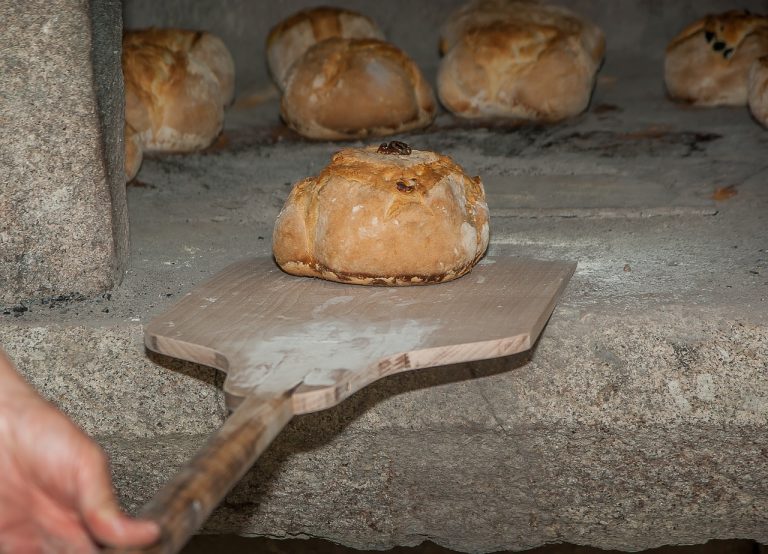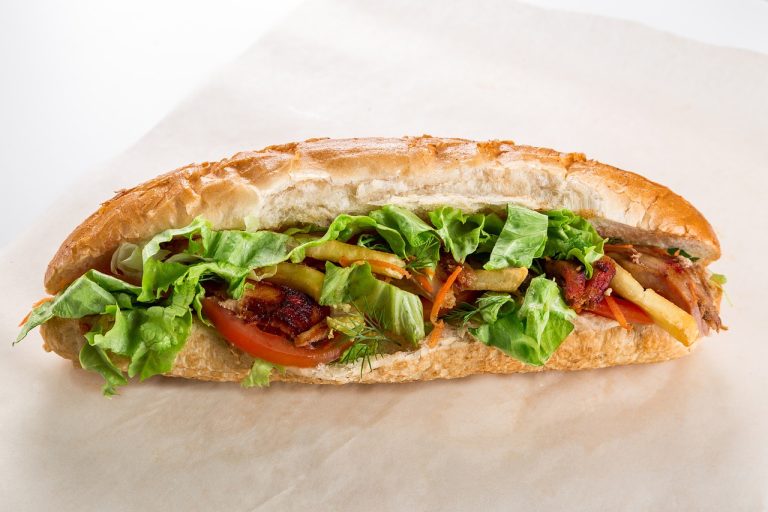How to Become a Personal Chef today

The culinary world is experiencing a significant shift, with an increasing number of people seeking the services of personal chefs. Whether it’s busy professionals, families with specific dietary requirements, or individuals looking for a unique dining experience, personal chefs are in demand. If you have a passion for cooking and dream of becoming a personal chef, this guide will take you through the steps to embark on this exciting culinary journey.
What Does a Personal Chef Do?
Becoming a personal chef involves more than just cooking; it’s about providing a tailored culinary experience for individual clients. Personal chefs offer customized menus, prepare meals in clients’ homes, and often adapt recipes to meet specific dietary needs. This role differs from that of a restaurant chef, as personal chefs create intimate dining experiences right in the client’s kitchen.
The Difference Between a Personal Chef and a Private Chef
In the world of culinary professionals, the terms “personal chef” and “private chef” are often used interchangeably, leading to some confusion. While both roles involve cooking for individuals or families, they have distinct differences in terms of job scope, client relationships, and work arrangements. In this article, we’ll explore the disparities between a personal chef and a private chef to help you understand these culinary roles better.
1. Clientele and Employment
Personal Chef:
- Personal chefs typically serve multiple clients. They may have several clients they cook for on a regular basis.
- Personal chefs are often self-employed or work for personal chef agencies. They offer their services to individuals or families looking for customized meals.
Private Chef:
- A private chef usually works exclusively for one client or a single household.
- Private chefs are often employed directly by affluent families, celebrities, or high-profile individuals. They work in the client’s home and cater exclusively to their culinary needs.
2. Work Environment
Personal Chef:
- Personal chefs usually prepare meals in their own kitchens and then deliver the food to the client’s home.
- They may also cook in the client’s kitchen if requested, but the majority of the meal preparation occurs off-site.
Private Chef:
- Private chefs work exclusively in the client’s home, using the client’s kitchen and appliances.
- They are responsible for maintaining the kitchen, sourcing ingredients, and ensuring the kitchen is up to professional standards.
3. Meal Variety and Customization
Personal Chef:
- Personal chefs often offer a wide range of meal options to cater to the diverse preferences of their multiple clients.
- They adapt their menus based on each client’s dietary restrictions, tastes, and preferences.
Private Chef:
- Private chefs focus on creating highly customized and personalized menus exclusively for their one client or household.
- They have the opportunity to develop a deep understanding of their client’s culinary preferences and can create unique dining experiences.
4. Job Flexibility
Personal Chef:
- Personal chefs enjoy more flexibility in terms of scheduling and the number of clients they serve.
- They can accommodate multiple clients and adjust their work hours accordingly.
Private Chef:
- Private chefs have less flexibility in terms of scheduling since they are dedicated to serving one client or household.
- Their schedules revolve around the needs and preferences of their employer.
5. Client Interaction
Personal Chef:
- Personal chefs often have ongoing communication with multiple clients. They may take orders, discuss menus, and receive feedback from various clients.
Private Chef:
- Private chefs build a close working relationship with their single client or household. They have a deep understanding of their employer’s culinary preferences and dietary requirements.
6. Salary and Compensation
Personal Chef:
- Personal chefs’ income varies depending on factors such as the number of clients they serve, location, and the types of meals they prepare.
- They may charge clients per meal, per hour, or on a monthly retainer basis.
Private Chef:
- Private chefs tend to command higher salaries due to the exclusivity and personalized nature of their services.
- Their compensation often includes a salary, benefits, and sometimes housing arrangements.
While personal chefs and private chefs both excel in the culinary arts, their roles differ significantly in terms of clientele, work arrangements, and job scope. Personal chefs serve multiple clients and offer a diverse range of meal options, while private chefs exclusively cater to one client or household, providing highly customized culinary experiences. Understanding these distinctions can help individuals choose the culinary career path that aligns with their goals and preferences
Educational and Culinary Training
While formal education can be beneficial, becoming a personal chef doesn’t always require a culinary degree. Many successful personal chefs have learned their craft through hands-on experience. However, culinary schools and programs can provide essential skills, techniques, and knowledge about food safety and nutrition. Consider your options and choose the path that aligns with your goals and resources.
Gaining Culinary Skills and Expertise
To excel as a personal chef, you need a diverse culinary repertoire. Experiment with various cuisines, cooking techniques, and ingredients. Mastery of different culinary styles and the ability to accommodate dietary restrictions will make you a more versatile and sought-after chef.
Building a Culinary Portfolio
A well-curated culinary portfolio is your best marketing tool. Document your creations with high-quality photos and descriptions. Include a range of dishes that showcase your skills, from appetizers to desserts. Your portfolio will demonstrate your capabilities to potential clients.
Understanding the Business Side
Starting your own personal chef business is a significant step. Research the legal and licensing requirements in your area, and ensure you comply with health and safety regulations. Develop a business plan that outlines your services, pricing, and target clientele.
Networking and Building a Clientele
Effective networking is vital for success. Attend culinary events, join professional associations, and connect with food bloggers and influencers. Finding your first clients may involve word-of-mouth referrals or collaborating with local businesses. Over time, your reputation and network will expand.
Balancing Creativity and Client Preferences
As a personal chef, you must strike a balance between expressing your culinary creativity and meeting the preferences and dietary needs of your clients. Customizing menus to suit individual tastes is a key skill. Flexibility and adaptability are your allies in this culinary journey.
Managing Time and Stress
Personal chefs often juggle multiple clients and busy schedules. Effective time management is essential. Learn to stay organized, plan meticulously, and maintain composure under pressure. A well-structured approach will help you navigate the challenges of the profession.
Maintaining Food Safety and Hygiene
Food safety is paramount in the culinary world. Stay updated on health regulations, and implement rigorous food safety practices in your kitchen. Clients trust personal chefs not only for their culinary skills but also for their commitment to their well-being.
Marketing Your Personal Chef Services
Creating an online presence is crucial in today’s digital age. Build a professional website showcasing your services, menu options, and testimonials. Utilize social media platforms like Instagram and Facebook to share your culinary creations and engage with potential clients.
Challenges and Rewards
Like any career, becoming a personal chef comes with its share of challenges. You may face demanding clients, tight deadlines, and the pressure to consistently deliver exceptional meals. However, the rewards are equally fulfilling, with the opportunity to turn your passion for cooking into a thriving career.
Conclusion
Becoming a personal chef is a culinary adventure that combines creativity, skill, and a deep appreciation for food. As you embark on this journey, remember that success comes with dedication, continuous learning, and a commitment to providing memorable dining experiences. Start by honing your skills, building a strong network, and crafting your unique culinary identity. With persistence and a passion for cooking, you can turn your dream of becoming a personal chef into a reality.
FAQs
1. Do I need formal culinary training to become a personal chef?
- While formal training is beneficial, it’s not mandatory. Many successful personal chefs have learned through experience and self-study.
2. How do I price my personal chef services?
- Pricing can vary based on location, services offered, and your level of expertise. Research local market rates and consider your costs when setting prices.
3. Can I specialize in a particular cuisine as a personal chef?
- Yes, specializing in a specific cuisine or dietary niche can set you apart and attract clients with specific preferences.
4. Is it essential to have my own kitchen for personal chef services?
- Not necessarily. Many personal chefs use clients’ kitchens to prepare meals. However, having your kitchen can provide more flexibility.
5. How can I expand my clientele as a personal chef?
- Networking, referrals, and social media promotion are effective ways to attract new clients. Building a strong online presence can also help you reach a broader audience.






